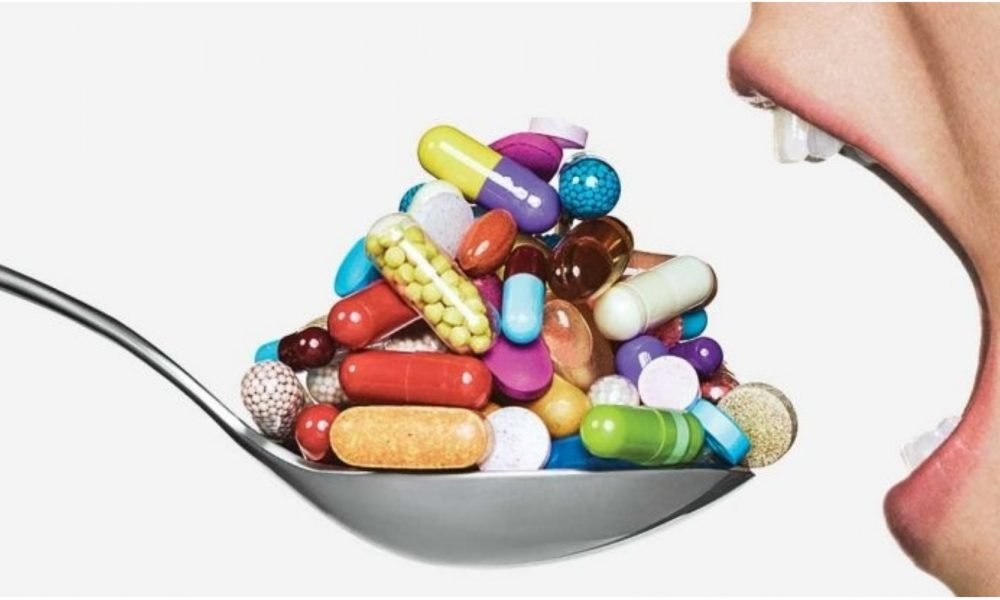
Four Supplements You Must Have If You Are Over Forty

As we age, our body undergoes numerous changes, both physical and mental — from a slower metabolism and loss of muscle to hormonal imbalance, stiff joints, and weight gain. We understand that this might be a very depressing start to the article, but there might be a remedy to delay the rapid changes in our body. First off, there are various lifestyle changes that might be within your control. If you start following a good diet, get a good night’s sleep, and exercise often, then you can hold on to your youth for many more years. But at some point, more so after 40, our body needs to have some supplements. But how will you know what is good for your body?
Here are four food supplements that you should have once you cross the threshold of 40.
Protein
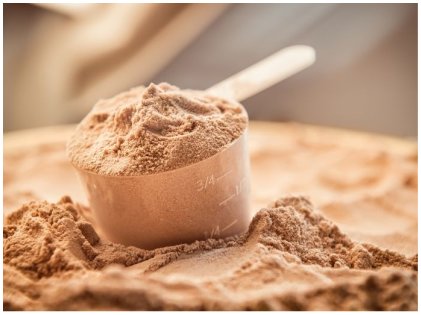
We lose muscle mass as we grow older — that’s a fact. It has been found that we lose 6-7% of our muscle at the age of 30. A sedentary lifestyle contributes to the loss of muscle mass. The amount of protein needed to rebuild those muscles is huge, and it is not possible to get it from our everyday diet. Hence with age, getting extra protein from dietary supplements can help regain muscle mass. However, regular protein intake should be done along with weight training. There are several protein powders available in the market. And keep in mind that a good quality milk-based pure protein is highly recommended. Milk-based protein means whey protein, and 1.5 to 2 grams of protein per kilogram of body weight should be good.
Omega – 3
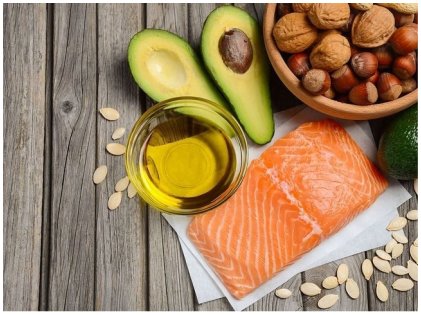
Omega-3 fatty acid should be your next supplement. The goodness of EPA and DHA-packed Omega 3 is widely known. This type of healthy fat helps in keeping our heart and brain healthy, making our skin appear flawless, increasing our immunity to common age-related issues and diseases, and improving our metabolism. It has been found that telomere, which is a compound structure at the end of a chromosome, shortens with age. According to research, EPA and DHA found in the Omega 3 chain of fatty acids help in lengthening the telomere. Fatty fish like salmon are a big source of Omega 3. Vegetarians can have plant-based Omega 3 like flaxseed oil and algae-based oil. However, we might not be able to have fish every time, or it might not have the exact amount that our body needs, so this is where supplements come in. One gel of Omega 3 fatty acid contains 1300 milligrams of EPA and DHA. It is also essential to maintain the right ratio between Omega 3 and Omega 6. Processed food and refined oils used in our daily life increase our intake of Omega 6, which can be the reason for several diseases. The supplements help reduce these chances.
Probiotics And Enzymes

One major problem all aging people face is that of digestion which may often cause bloating and gas. Like all other organs, our digestive system slows down, too. Year by year, our body produces fewer enzymes that aid in digestion, and bad bacteria present in our body become more active, resulting to frequent stomach pain and cramps. Probiotics and prebiotics can help a lot with this issue. Food that are naturally rich in probiotics like yogurt or kimchi should be taken every day to cleanse and keep the digestive tract healthy. However, you might be allergic to dairy products or might not have access to probiotic-rich food. Hence, for maintaining good gut health, opt for probiotic supplements with 5 to 10 billion CFUs (colony forming units) every day.
Vitamin D And Calcium
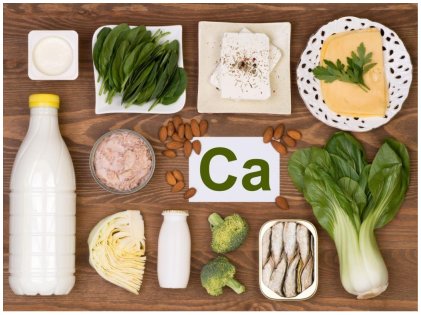
Aside from muscle mass, we also lose bone density as we age. As a result of weakened bones, we tend to lose our balance and fall more often, resulting in grave injuries. Calcium is widely known as the mineral that helps in improving both bone density and oral health. If the body lacks the right amount of calcium (and we fail to include more calcium in our diet), our body tends to regain the lacking calcium from our bones which results to low bone density. Aside from needing calcium, our bodies also require vitamin D3 to absorb the calcium that we get through our food. The source of vitamin D3 is through exposure to the sun. Vitamin D is also necessary for avoiding depression which is another ailment that plagues the elderly people. A vitamin D supplement is therefore crucial for our daily intake. Depending on your vitamin D3 level, your doctor can suggest what should be your daily dose. A combination of vitamins D and K are best for good bone health.
Natural and organic food is definitely the best for our bodies, but when we can’t have the essential nutrient through food, supplements become imperative. Make sure you are having them after discussing with your doctor.
More in LifeStyle
-
`
FTX Estate Sues Investment Firm for $700 Million
In a legal battle that has caught the attention of the crypto world, the bankrupt estate of crypto exchange FTX has...
December 4, 2023 -
`
The Sky’s the Limit: Qantas Aims for Ultra-Long-Haul Records
Long-haul flights are making a grand return, signaling the optimism among airlines that international travel is on the rebound post the...
December 2, 2023 -
`
WWE SmackDown to Make a Comeback on USA Network in 2024
In a surprising twist, WWE’s Friday night staple, “SmackDown,” is bidding farewell to Fox and heading back to its old stomping...
November 24, 2023 -
`
Why Women Face Higher Out-of-Pocket Health Expenses
In healthcare, disparities persist, and a recent report from Deloitte underscores a significant financial gap between working women and men in...
November 18, 2023 -
`
Elon Musk vs Bill Gates: The Clash of Titans
In the realm of the world’s wealthiest individuals, a simmering rivalry has been captivating public attention. It’s not a clash of...
November 7, 2023 -
`
The Power Of Disconnecting
In our digitally driven age, where smartphones, tablets, and laptops have become extensions of ourselves, disconnecting might seem daunting. However, the...
October 31, 2023 -
`
JCPenney’s Bankruptcy: The End of an Era
JCPenney filed for bankruptcy in a move echoing the struggles of many retailers in the wake of the COVID-19 pandemic. This...
October 26, 2023 -
`
Reasons Why You Need a Financial Plan
Financial planning is not just for the wealthy or those nearing retirement. It’s a crucial tool for anyone seeking financial security...
October 19, 2023 -
`
How Brad Pitt Spends His Millions All Over the World
Brad Pitt, the charismatic Hollywood superstar, has left an indelible mark on the silver screen and made an impact in the...
October 10, 2023










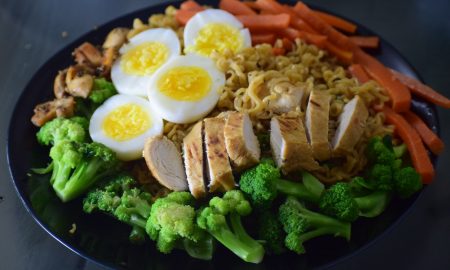




You must be logged in to post a comment Login